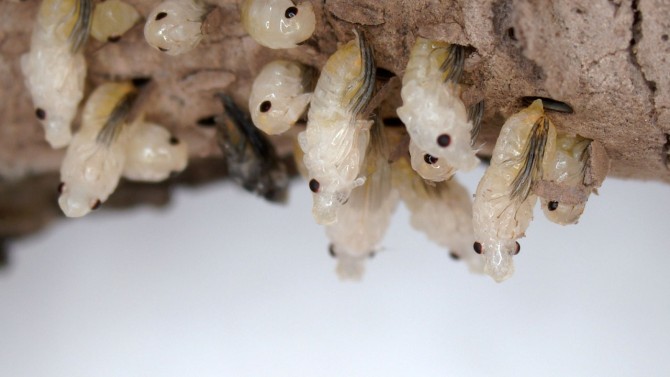The Federal Government’s Women for STEM Ambassador releases systemic review of gender equity initiatives in Australia with recommendations on effectively implementing programmes in STEM workforce.
A new report, titled ‘Workforce gender equity initiatives: A rapid systemic review’, evaluating literature on peer-reviewed workforce gender equity initiatives has been released, alongside recommendations on how to successfully implement and evaluate gender equity initiatives in STEM.
Led by the Office of Australia’s Women in STEM Ambassador, the report revealed three key recommendations: 1) Gender equity initiatives are most effective when policies and programmes are implemented together; 2) Central coordination of gender equity initiatives leads to effective management, longevity, and resource maximisation; and, 3) Gender equity initiatives need to be evaluated to assess how well they work.
Australia Government Women in STEM Ambassador Professor Lisa Harvey-Smith notes in the report, “Our focus to date has been to summarise the evidence on workplace gender equity initiatives – what works to shift the dial on gender equity in the STEM sector?”
The report assesses evidence on initiatives that benefit gender equity in STEM; evidence that supports effective implementation of STEM gender equity initiatives; and discusses how STEM gender equity initiatives are evaluated. It then summarises the evidence for each section to support the relating recommendations.
The report provides a snapshot of evidence that exists in peer-reviewed literature on the efficacy of workforce initiatives addressing gender equity, ranging from career development and mentorship programmes to fellowships. This is combined with peer-reviewed studies on initiatives not covered in the initial search, including pay transparency policies, bullying and sexual harassment initiatives, and quotas.
One hundred and twelve initiatives were identified, with initiatives broken down by the following categories: policies (pay transparency, workplace policies), career development (training, workshops, programmes), fellowships, mentoring, and workplace programmes.
The initial report findings and recommendations have been presented to the Diversity in STEM Review Panel and Taskforce for consideration. The next phase of research will focus on bullying and harassment in the workplace, the gender pay gap and leave policies. The team also plans to provide recommendations on effective workplace equity programmes targeting identities beyond gender.
The team will work with Associate Professor Marnee Shay (University of Queensland) to examine the strengths and contributions of Aboriginal and Torres Strait Islander peoples in STEM fields and the systemic and cultural barriers that hinder Aboriginal and Torres Strait Islander engagement in STEM jobs.
To read the full report, click here.








